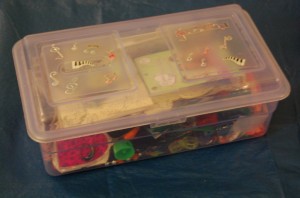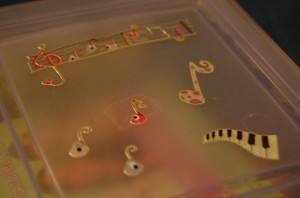 Today’s post is in answer to a question I received from a reader via email:
Today’s post is in answer to a question I received from a reader via email:
I am giving my first ever piano recital this Sunday and I am unsure what I should say to parents at the recital. Besides welcoming them, what sorts of messages are good? Thanks!
Personally, I don’t feel the need to give a long speech at piano recitals. After all, the members of the audience — mostly parents and grandparents — are there to hear the kids play, not to hear you give an long, eloquent speech. =) Just keep it short and sweet, something like this:
“Hello everyone! As many of you may know, my name is ___, and I’d like to welcome you to this year’s Spring Piano Recital! This is the first year we’ve held a studio recital, and I am so pleased to have you all join us today. I know the students are all very excited to play their pieces that they’ve been working so hard on. Just a few brief announcements, and then we’ll get started. First of all: did everyone recieve a recital program who would like one? [pass out a couple more if needed] Secondly, immediately following the recital, we will take some time to take group photo of all the students. You are welcome to take pictures during the recital as well, but please turn off the flash on your camera. Thirdly — after the time for photos, please wander over to the fellowship room where there are punch and refreshments for you all to enjoy. Alright, without further ado, we’ll get started with the recital, beginning with student’s name playing student’s piece.” [start the applause]
If you get nervous talking in front of groups of people, make yourself a notecard with a short list of things to remember to say. It could look something like this:
- Hello and welcome; introduce myself
- Announcements: 1) Did everyone get a recital program who would like one?
- 2) After recital, photo time.
- 3) After photo time, refreshments.
- Welcome first student to play; start applause.
After all the students play, you can stand up once more if you desire, and say something like:
“That concludes our recital for this evening. I’d like to say thank you to all the parents and grandparents here today for helping and supporting the students all year long with their practicing and for taking them to lessons. We couldn’t have done it without you. And students, you did a wonderful job tonight. Let’s give all the students one more round of applause. [applause] Thank you all for coming! Now we will have a time for photos and refreshments.”
I hope this is helpful to some of you, and I hope you all have (or have had) successful piano recitals this spring!
Photo credit: gordontarpley | CC 2.0
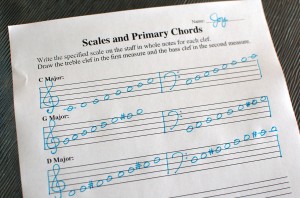 Just added: a new free, printable worksheet called:
Just added: a new free, printable worksheet called:

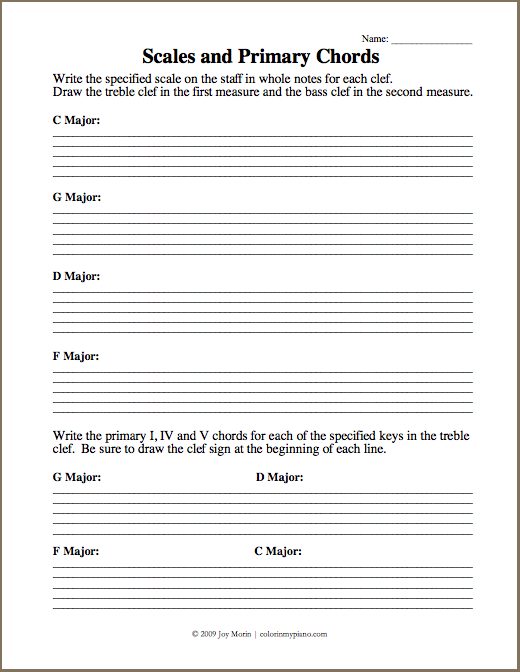

 Your hands are cold and shaky, your heart is racing, and you find it hard to breath. Are you sick? Are you having a nightmare? No, you’re about to play your instrument in a recital, and the symptoms you are experiencing are due to performance anxiety — better known as stage fright.
Your hands are cold and shaky, your heart is racing, and you find it hard to breath. Are you sick? Are you having a nightmare? No, you’re about to play your instrument in a recital, and the symptoms you are experiencing are due to performance anxiety — better known as stage fright.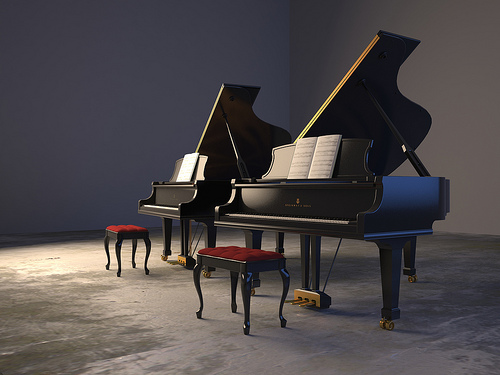
 Today’s post is in answer to a question I received from a reader via email:
Today’s post is in answer to a question I received from a reader via email:
 Many of you may remember being required by your piano teachers growing up to practice a certain amount of minutes each day/week. Perhaps your requirement looked something like this:
Many of you may remember being required by your piano teachers growing up to practice a certain amount of minutes each day/week. Perhaps your requirement looked something like this:

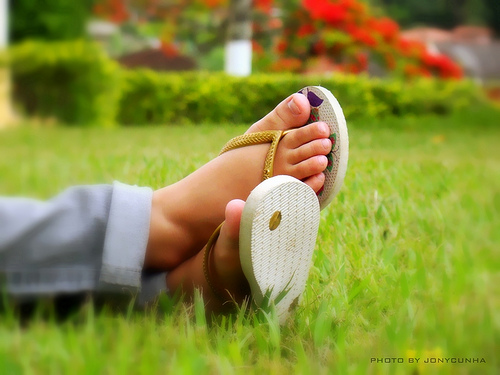
 As mentioned yesterday, a new series is being introduced here at Color In My Piano: a monthly forum of sorts, where readers put their heads together a discuss various topics. The success of this series depends on YOU, so please, type away!
As mentioned yesterday, a new series is being introduced here at Color In My Piano: a monthly forum of sorts, where readers put their heads together a discuss various topics. The success of this series depends on YOU, so please, type away!
 At the expense of sounding like an old record, I’d like to express once more (last time, I promise!) how much I’ve enjoyed reading all your comments lately, especially the shared stories on the giveaway post from a couple weeks ago. It’s comments such as those that make Color In My Piano a success and a worthwhile resource for everyone including myself! We have so much we can learn from each other.
At the expense of sounding like an old record, I’d like to express once more (last time, I promise!) how much I’ve enjoyed reading all your comments lately, especially the shared stories on the giveaway post from a couple weeks ago. It’s comments such as those that make Color In My Piano a success and a worthwhile resource for everyone including myself! We have so much we can learn from each other.
